| Availability: | |
|---|---|
| Quantity: | |
| Product Name | 1mm thick neodymium magnets |
| Material | Neodymium Magnet/Permanet Magnet |
| Size | Various kinds or according to customers' request |
| Shape | Disc, Block, Ring, Countersunk, Segment, Trapezoid, Irregular shapes are available, Or Customized Shapes |
| Grade | N35-N52, N35M-N50M, N33H-N48H, N30SH-N35SH and so on |
| Tolerance in size | +/-0.05 mm |
| Direction of magnetisation | Through the thickness or through the diameter |
| Applications | 1. Electronic areas: speakers, headphones, acoustics, sensors and so on. 2. Motor areas: generators, servo motors, micro-motors, vibration motors, elevator motor and so on. 3. Clean Tech Energy: Water flow enhancement, wind turbines. 4. Health care: MRI, medical treatment equipment. 5. Other industries: electric doors and windows, electric vehicle, electric bicycles, computer, phone, boxes, magnetic tools, notebook and so on |
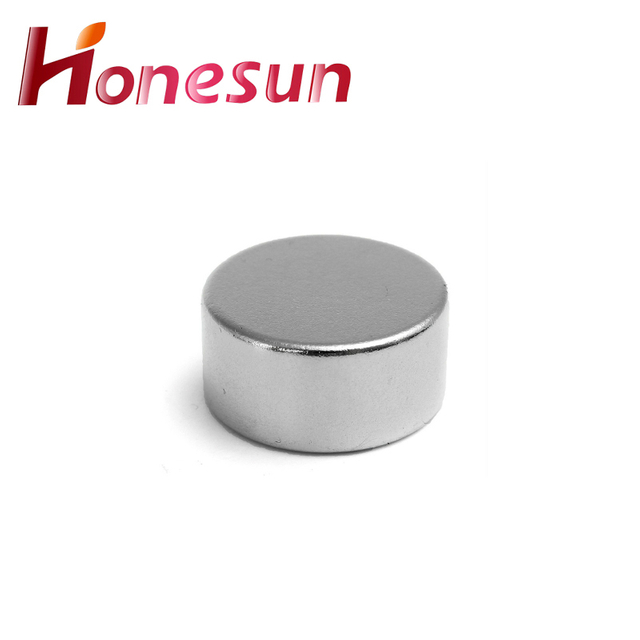
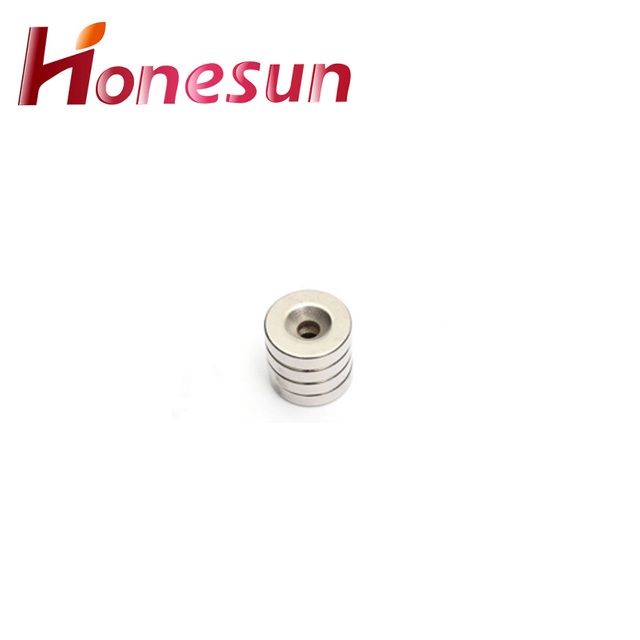
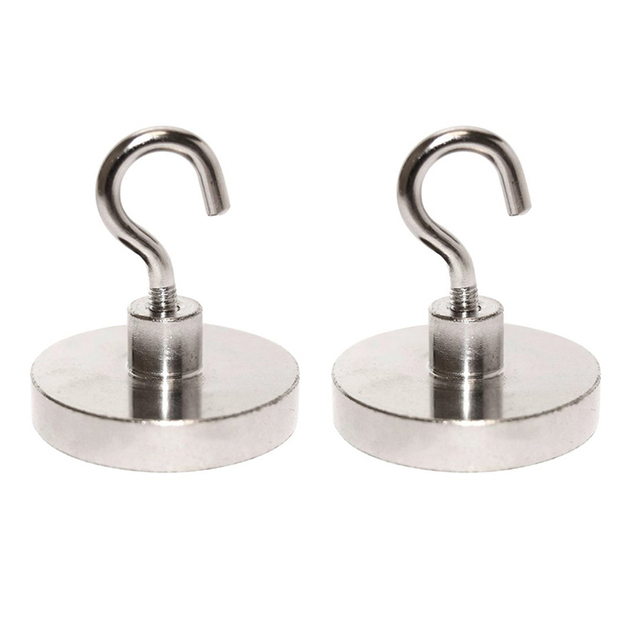
1.About 1mm thick neodymium magnets origin
Neodymium magnets, also known as rare earth magnets, are the strongest type of permanent magnet available. They were first developed in the 1980s by General Motors and Sumitomo Special Metals. Neodymium magnets are composed of an alloy of neodymium, iron, and boron, and are used in a wide variety of applications, including motors, generators, hard drives, and speakers.
2.Can 1mm thick neodymium magnets be used for magnetic data storage?
No, neodymium magnets cannot be used for magnetic data storage. Neodymium magnets are too weak to store data reliably. Magnetic data storage requires much stronger magnets, such as rare earth magnets.
3.What are 1mm thick neodymium magnets?
As one of the 1mm thick neodymium magnets market leaders, we are known for innovation and reliability. Neodymium magnets are a type of rare-earth magnet made from an alloy of neodymium, iron, and boron. They are the strongest type of permanent magnet commercially available and are used in a wide variety of applications, including motors, generators, hard drives, and loudspeakers.
4.How do you demagnetize a Neodymium Magnet?
We focus on teamwork and communication to achieve common goals, We attach great importance to this detail. Neodymium magnets can be demagnetized by heating them to a temperature of around 200°C (392°F) for a few minutes. This will cause the magnet to lose its magnetic properties. It is also possible to demagnetize a neodymium magnet by exposing it to a strong alternating magnetic field.
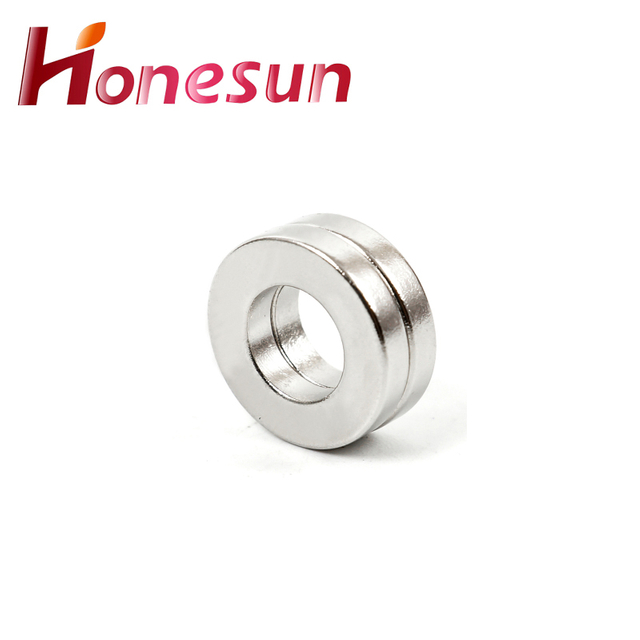
5.Are there any ethical concerns regarding the use of 1mm thick neodymium magnets?
Yes, there are ethical concerns regarding the use of Neodymium Magnets. Neodymium magnets are powerful and can cause serious injury if swallowed. They can also interfere with medical devices such as pacemakers and defibrillators. Additionally, Neodymium magnets can be dangerous if used in the wrong way, such as when used to create a powerful magnetic field. Finally, Neodymium magnets can be hazardous to the environment if not disposed of properly.
6.Are there any potential hazards associated with 1mm thick neodymium magnets?
We maintain a certain amount of R&D investment every year and continuously improve operational efficiency to provide better services to our cooperative customers. Yes, there are potential hazards associated with neodymium magnets. They can be very powerful and can cause serious injury if swallowed. They can also pinch fingers and other body parts if two magnets are brought together too quickly. Additionally, neodymium magnets can interfere with pacemakers and other medical devices, and can damage electronic equipment if placed too close.
7.About the scale of 1mm thick neodymium magnets factory
Neodymium magnets are produced in a variety of sizes, shapes, and grades. The size of a neodymium magnet factory can vary greatly depending on the type of magnets being produced. Some factories may only produce small magnets, while others may produce large magnets for industrial applications. The size of the factory also depends on the number of employees and the amount of equipment needed to produce the magnets.
8.What is the lifespan of 1mm thick neodymium magnets?
As one of the 1mm thick neodymium magnets market leaders, we are known for innovation and reliability. The lifespan of neodymium magnets depends on the environment they are in and how they are used. Generally, neodymium magnets can last for decades if they are not exposed to extreme temperatures or corrosive materials.
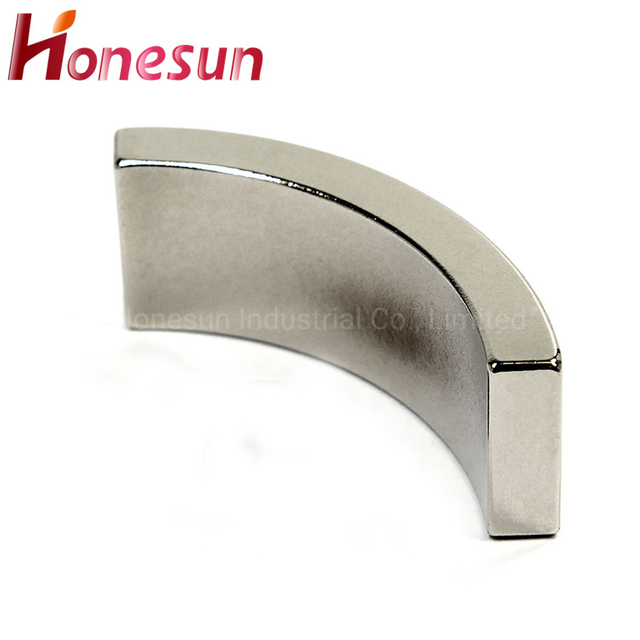
9.How do 1mm thick neodymium magnets work?
We have established a good reputation and reliable partnerships within the 1mm thick neodymium magnets industry. Neodymium magnets are permanent magnets made from an alloy of neodymium, iron, and boron. They are the strongest type of permanent magnet available and are used in a variety of applications. Neodymium magnets work by creating a strong magnetic field that attracts ferromagnetic materials, such as iron, nickel, and cobalt. The magnetic field is created when the electrons in the atoms of the neodymium alloy align in the same direction. This alignment creates a strong magnetic field that can attract ferromagnetic materials from a distance.
10.How do 1mm thick neodymium magnets affect electronic devices?
Being one of the top 1mm thick neodymium magnets manufacturers in China, We attach great importance to this detail. Neodymium magnets can affect electronic devices in a variety of ways. They can cause interference with the operation of the device, as the magnetic field can interfere with the operation of the device's internal components. They can also cause physical damage to the device, as the strong magnetic field can cause components to become magnetized and attract each other, potentially damaging the device. Finally, they can cause data loss, as the strong magnetic field can cause data stored on magnetic media to become corrupted or erased.
11.How do 1mm thick neodymium magnets contribute to renewable energy sources?
Neodymium magnets are used in many renewable energy sources, such as wind turbines and solar panels. They are used to generate electricity from the rotation of the turbine blades or the movement of the sun’s rays. Neodymium magnets are also used in electric motors, which are used to power electric vehicles. Additionally, they are used in generators to convert mechanical energy into electrical energy.
12.Can 1mm thick neodymium magnets be custom-made for specific applications?
Yes, neodymium magnets can be custom-made for specific applications. Depending on the application, the size, shape, and strength of the magnet can be tailored to meet the specific requirements.
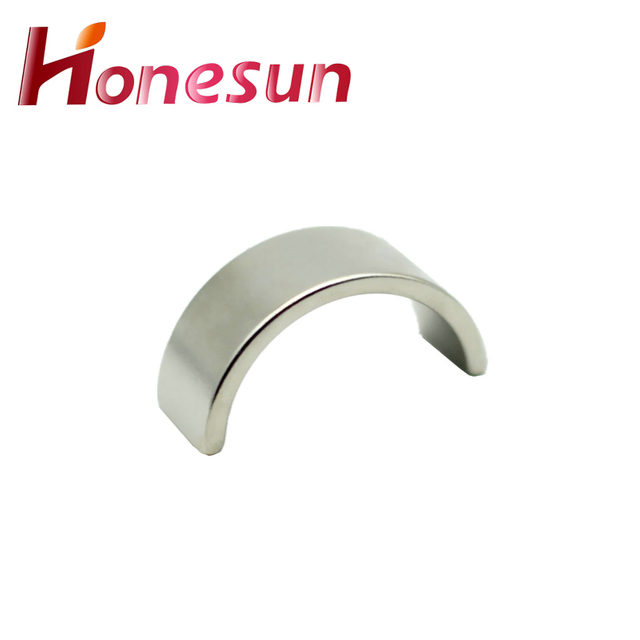
13.How do 1mm thick neodymium magnets contribute to the transportation industry?
Neodymium magnets are used in a variety of transportation applications, including electric motors, generators, and brakes. They are used in electric vehicles to help reduce the weight of the vehicle and improve its efficiency. They are also used in hybrid and electric vehicles to help reduce the amount of energy needed to power the vehicle. Additionally, neodymium magnets are used in magnetic levitation trains, which use magnetic fields to lift and propel the train.
14.How are 1mm thick neodymium magnets used in the military?
Neodymium magnets are used in the military for a variety of applications. They are used in navigation systems, guidance systems, and sensors. They are also used in weapons systems, such as magnetic mines, and in the guidance systems of missiles and torpedoes. Neodymium magnets are also used in the construction of military vehicles, such as tanks and aircraft, to reduce their weight and improve their performance.
| Product Name | 1mm thick neodymium magnets |
| Material | Neodymium Magnet/Permanet Magnet |
| Size | Various kinds or according to customers' request |
| Shape | Disc, Block, Ring, Countersunk, Segment, Trapezoid, Irregular shapes are available, Or Customized Shapes |
| Grade | N35-N52, N35M-N50M, N33H-N48H, N30SH-N35SH and so on |
| Tolerance in size | +/-0.05 mm |
| Direction of magnetisation | Through the thickness or through the diameter |
| Applications | 1. Electronic areas: speakers, headphones, acoustics, sensors and so on. 2. Motor areas: generators, servo motors, micro-motors, vibration motors, elevator motor and so on. 3. Clean Tech Energy: Water flow enhancement, wind turbines. 4. Health care: MRI, medical treatment equipment. 5. Other industries: electric doors and windows, electric vehicle, electric bicycles, computer, phone, boxes, magnetic tools, notebook and so on |



1.About 1mm thick neodymium magnets origin
Neodymium magnets, also known as rare earth magnets, are the strongest type of permanent magnet available. They were first developed in the 1980s by General Motors and Sumitomo Special Metals. Neodymium magnets are composed of an alloy of neodymium, iron, and boron, and are used in a wide variety of applications, including motors, generators, hard drives, and speakers.
2.Can 1mm thick neodymium magnets be used for magnetic data storage?
No, neodymium magnets cannot be used for magnetic data storage. Neodymium magnets are too weak to store data reliably. Magnetic data storage requires much stronger magnets, such as rare earth magnets.
3.What are 1mm thick neodymium magnets?
As one of the 1mm thick neodymium magnets market leaders, we are known for innovation and reliability. Neodymium magnets are a type of rare-earth magnet made from an alloy of neodymium, iron, and boron. They are the strongest type of permanent magnet commercially available and are used in a wide variety of applications, including motors, generators, hard drives, and loudspeakers.
4.How do you demagnetize a Neodymium Magnet?
We focus on teamwork and communication to achieve common goals, We attach great importance to this detail. Neodymium magnets can be demagnetized by heating them to a temperature of around 200°C (392°F) for a few minutes. This will cause the magnet to lose its magnetic properties. It is also possible to demagnetize a neodymium magnet by exposing it to a strong alternating magnetic field.

5.Are there any ethical concerns regarding the use of 1mm thick neodymium magnets?
Yes, there are ethical concerns regarding the use of Neodymium Magnets. Neodymium magnets are powerful and can cause serious injury if swallowed. They can also interfere with medical devices such as pacemakers and defibrillators. Additionally, Neodymium magnets can be dangerous if used in the wrong way, such as when used to create a powerful magnetic field. Finally, Neodymium magnets can be hazardous to the environment if not disposed of properly.
6.Are there any potential hazards associated with 1mm thick neodymium magnets?
We maintain a certain amount of R&D investment every year and continuously improve operational efficiency to provide better services to our cooperative customers. Yes, there are potential hazards associated with neodymium magnets. They can be very powerful and can cause serious injury if swallowed. They can also pinch fingers and other body parts if two magnets are brought together too quickly. Additionally, neodymium magnets can interfere with pacemakers and other medical devices, and can damage electronic equipment if placed too close.
7.About the scale of 1mm thick neodymium magnets factory
Neodymium magnets are produced in a variety of sizes, shapes, and grades. The size of a neodymium magnet factory can vary greatly depending on the type of magnets being produced. Some factories may only produce small magnets, while others may produce large magnets for industrial applications. The size of the factory also depends on the number of employees and the amount of equipment needed to produce the magnets.
8.What is the lifespan of 1mm thick neodymium magnets?
As one of the 1mm thick neodymium magnets market leaders, we are known for innovation and reliability. The lifespan of neodymium magnets depends on the environment they are in and how they are used. Generally, neodymium magnets can last for decades if they are not exposed to extreme temperatures or corrosive materials.

9.How do 1mm thick neodymium magnets work?
We have established a good reputation and reliable partnerships within the 1mm thick neodymium magnets industry. Neodymium magnets are permanent magnets made from an alloy of neodymium, iron, and boron. They are the strongest type of permanent magnet available and are used in a variety of applications. Neodymium magnets work by creating a strong magnetic field that attracts ferromagnetic materials, such as iron, nickel, and cobalt. The magnetic field is created when the electrons in the atoms of the neodymium alloy align in the same direction. This alignment creates a strong magnetic field that can attract ferromagnetic materials from a distance.
10.How do 1mm thick neodymium magnets affect electronic devices?
Being one of the top 1mm thick neodymium magnets manufacturers in China, We attach great importance to this detail. Neodymium magnets can affect electronic devices in a variety of ways. They can cause interference with the operation of the device, as the magnetic field can interfere with the operation of the device's internal components. They can also cause physical damage to the device, as the strong magnetic field can cause components to become magnetized and attract each other, potentially damaging the device. Finally, they can cause data loss, as the strong magnetic field can cause data stored on magnetic media to become corrupted or erased.
11.How do 1mm thick neodymium magnets contribute to renewable energy sources?
Neodymium magnets are used in many renewable energy sources, such as wind turbines and solar panels. They are used to generate electricity from the rotation of the turbine blades or the movement of the sun’s rays. Neodymium magnets are also used in electric motors, which are used to power electric vehicles. Additionally, they are used in generators to convert mechanical energy into electrical energy.
12.Can 1mm thick neodymium magnets be custom-made for specific applications?
Yes, neodymium magnets can be custom-made for specific applications. Depending on the application, the size, shape, and strength of the magnet can be tailored to meet the specific requirements.

13.How do 1mm thick neodymium magnets contribute to the transportation industry?
Neodymium magnets are used in a variety of transportation applications, including electric motors, generators, and brakes. They are used in electric vehicles to help reduce the weight of the vehicle and improve its efficiency. They are also used in hybrid and electric vehicles to help reduce the amount of energy needed to power the vehicle. Additionally, neodymium magnets are used in magnetic levitation trains, which use magnetic fields to lift and propel the train.
14.How are 1mm thick neodymium magnets used in the military?
Neodymium magnets are used in the military for a variety of applications. They are used in navigation systems, guidance systems, and sensors. They are also used in weapons systems, such as magnetic mines, and in the guidance systems of missiles and torpedoes. Neodymium magnets are also used in the construction of military vehicles, such as tanks and aircraft, to reduce their weight and improve their performance.
Honesun Industrial Co., Ltd. focuses on designing, researching, developing, manufacturing and selling Magnets and Magnetic Assemblies. With more than 15 years' rich experience and considerate services.we have been recognized as a reliable.



